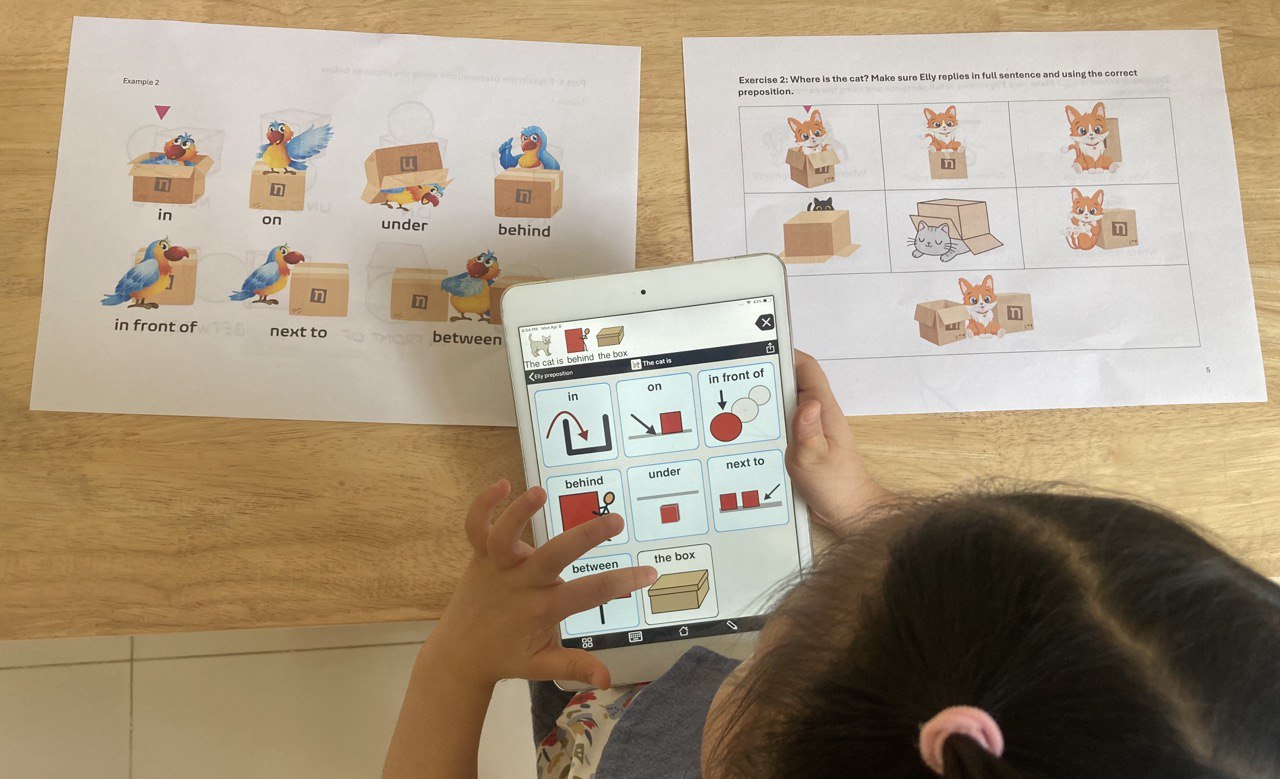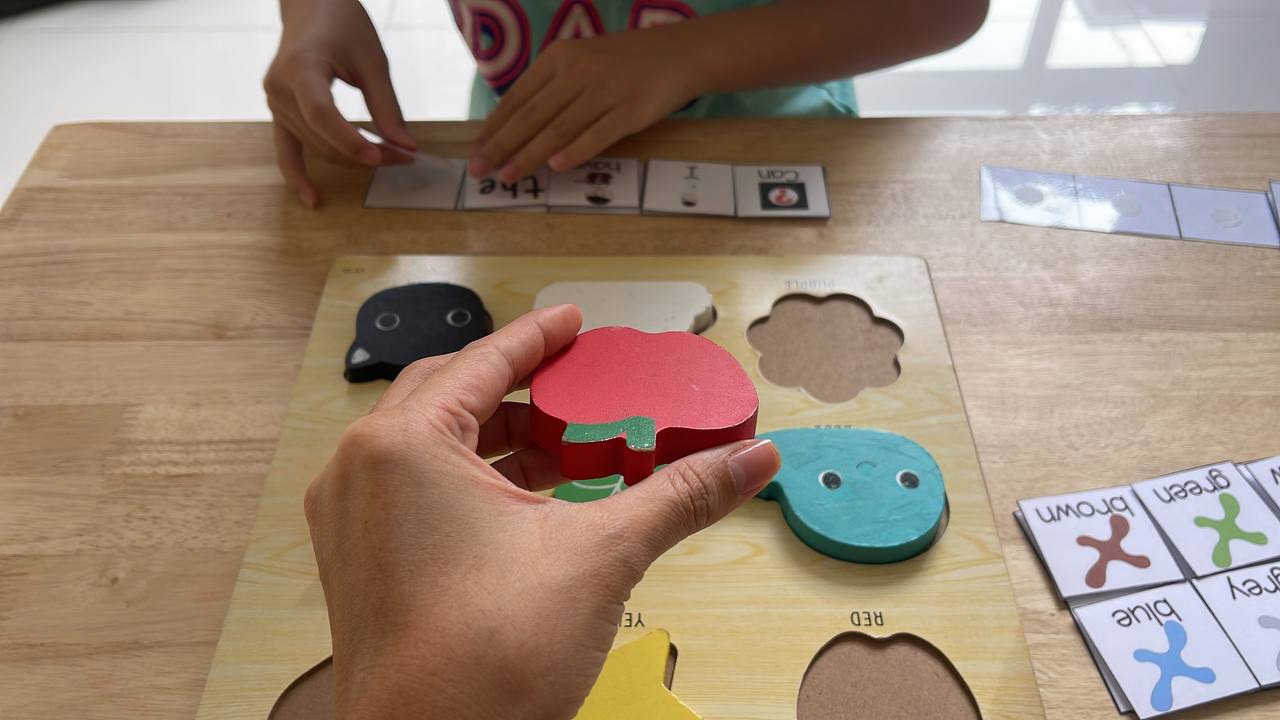Early intervention is the term used to describe services and support that help babies and toddlers with developmental delays or disabilities and their families. The brain is most adaptable in the first three years of life, so early intervention can make a big difference in a child’s development.
Why is early intervention important?
The brain develops rapidly in the first three years of life. During this time, neural connections are forming at a rapid rate. These connections are the foundation for learning, behavior, and health. Early intervention can help to strengthen these connections and promote optimal development.
Early intervention can also help to prevent developmental delays and disabilities. By identifying and addressing concerns early on, early intervention can help children to reach their full potential.
What are the benefits of early intervention?
Early intervention has been shown to have a number of benefits for children with developmental delays and disabilities, including:
- Improved cognitive development
- Improved speech and language development
- Improved social and emotional development
- Improved physical development
- Reduced need for special education services later in life
- Increased academic achievement
- Increased employment opportunities
- Improved quality of life
Who is eligible for early intervention services?
Early intervention services are available to children from birth to age three who have developmental delays or disabilities. Developmental delays are when a child does not meet the expected milestones for their age. Disabilities are physical or mental conditions that can limit a child’s development or activities.
What types of early intervention services are available?
Early intervention services can vary depending on the child’s individual needs. Some common services include:
- Speech and language therapy
- Occupational therapy
- Physical therapy
- Special education services
- Parent support groups
- Home-based services
How to access early intervention services
If you are concerned about your child’s development, talk to your child’s doctor. They can screen your child for developmental delays and disabilities and refer you to early intervention services if needed.
Here are some tips for parents of children with developmental delays and disabilities:
- Trust your instincts. If you are concerned about your child’s development, talk to your child’s doctor.
- Don’t wait. Early intervention is most effective when it is started early.
- Be involved. Be an active participant in your child’s early intervention program.
- Be patient. It takes time for children to learn and develop, especially children with developmental delays and disabilities.
- Celebrate your child’s successes. Every little step forward is a victory.
Early intervention is a vital service for children with developmental delays and disabilities. It can help children to reach their full potential and live happy and fulfilling lives. If you are concerned about your child’s development, talk to your child’s doctor today.
Find out if your child needs extra support today!
- My child screams hysterically
- My child is mean to other children
- My child is always worried
- My child is scared to go to school
- My child is scared of loud noises
- My child doesn’t know how to read
- My child is scared to play outside
- My child does not respond to his name
- My child always gets in trouble
- My child fights with other children
- My child doesn’t know how to count
If you are concerned about your child’s development, contact us for Assessments: Phone/Telegram: 077.455.993 – Telegram Link: https://t.me/OrbRom
If you are concerned about your child’s development, contact us for Assessments.
Phone/Telegram: 077.455.993 Link: https://t.me/OrbRom






Leave A Comment